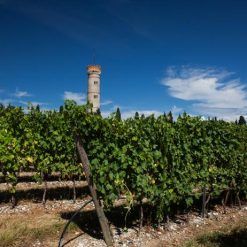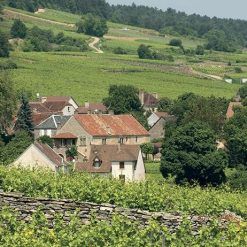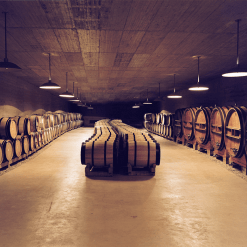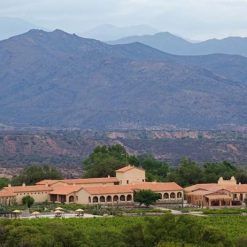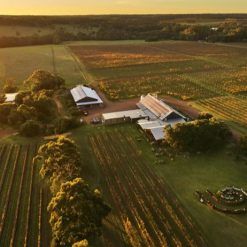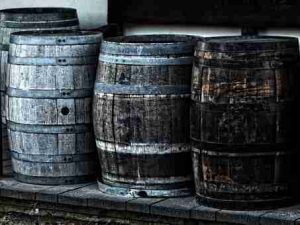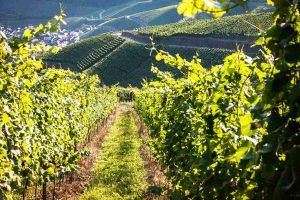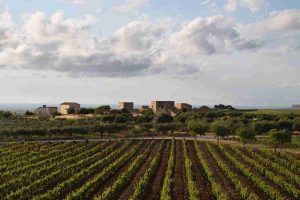
Shipping fee is £8.95. Enjoy free shipping on orders over £120.

Delivery within 1 to 3 days

Receive a 2% discount when you purchase 6 or more bottles.
Receive a 5% discount when you purchase 12 or more bottles.
Choose from our selection of wine regions
Latest News
“Discovering the Greek Gem: Malagousia – A Symphony of Flavors from Ancient Vines”
Uncorking the Secrets of Malagousia: A Journey Through Greece’s Treasured Wine When it comes to [...]
How to choose the right wine for the night
There are no set formulas for choosing the right wine for that special meal, event [...]
A business wine gift can strengthen your business relationships
You are probably familiar with the traditional fruit baskets and flower settings used as business [...]
Wine History – When the cork met the bottle
The role of the Church in the production and marketing of wine declined with the [...]
A Look at the Steps of Making Wine
If you are a true wine connoisseur, the next step in appreciating a fine wine [...]
All You Wanted to Know About the Wines of Calabria
Calabria, mainland Italy’s southern tip, has a gorgeous climate, small picturesque towns, and a beautiful coastline. [...]
Sicilian wine, a world to discover
Sicily is the largest island in the Mediterranean Sea; its 10,000 square miles are dotted [...]
Bigardo Winery, A Raging Bull
Toro is a small Spanish region along the Duero River. This place is home to just [...]

